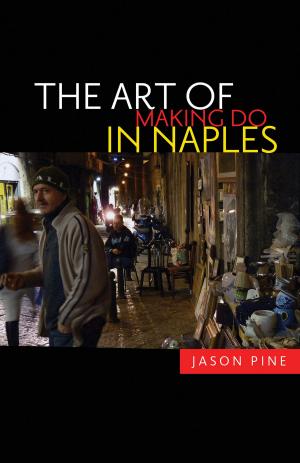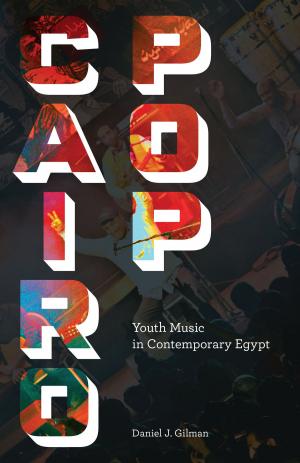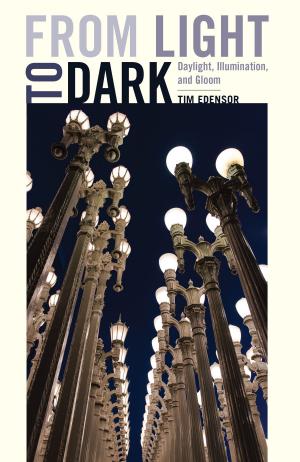| Author: | Vilém Flusser | ISBN: | 9781937561307 |
| Publisher: | University of Minnesota Press | Publication: | July 31, 2015 |
| Imprint: | Univocal Publishing | Language: | English |
| Author: | Vilém Flusser |
| ISBN: | 9781937561307 |
| Publisher: | University of Minnesota Press |
| Publication: | July 31, 2015 |
| Imprint: | Univocal Publishing |
| Language: | English |
Is there any room left for freedom in a programmed world? This is the essential question that Vilém Flusser asks in Post-History. Written as a series of lectures to be delivered at universities in Brazil, Israel, and France, it was subsequently developed as a book and published for the first time in Brazil in 1983. This first English translation of Post-History brings to an anglophone readership Flusser’s first critique of apparatus as the aesthetic, ethical, and epistemological model of present times.
In his main argument, Flusser suggests that our times may be characterized by the term “program,” much in the same way that the seventeenth century is loosely characterized by the term “nature,” the eighteenth by “reason,” and the nineteenth by “progress.” In suggesting this shift in worldview, he then poses a provocative question: If I function within a predictable programmed reality, can I rebel and how can I do it? The answer comes swiftly: Only malfunctioning programs and apparatus allow for freedom.
Throughout the twenty essays of Post-History, Flusser reminds us that any future theory of political resistance must consider this shift in worldview, together with the horrors that Western society has brought into realization because of it. Only then may we start to talk again about freedom.
Is there any room left for freedom in a programmed world? This is the essential question that Vilém Flusser asks in Post-History. Written as a series of lectures to be delivered at universities in Brazil, Israel, and France, it was subsequently developed as a book and published for the first time in Brazil in 1983. This first English translation of Post-History brings to an anglophone readership Flusser’s first critique of apparatus as the aesthetic, ethical, and epistemological model of present times.
In his main argument, Flusser suggests that our times may be characterized by the term “program,” much in the same way that the seventeenth century is loosely characterized by the term “nature,” the eighteenth by “reason,” and the nineteenth by “progress.” In suggesting this shift in worldview, he then poses a provocative question: If I function within a predictable programmed reality, can I rebel and how can I do it? The answer comes swiftly: Only malfunctioning programs and apparatus allow for freedom.
Throughout the twenty essays of Post-History, Flusser reminds us that any future theory of political resistance must consider this shift in worldview, together with the horrors that Western society has brought into realization because of it. Only then may we start to talk again about freedom.















